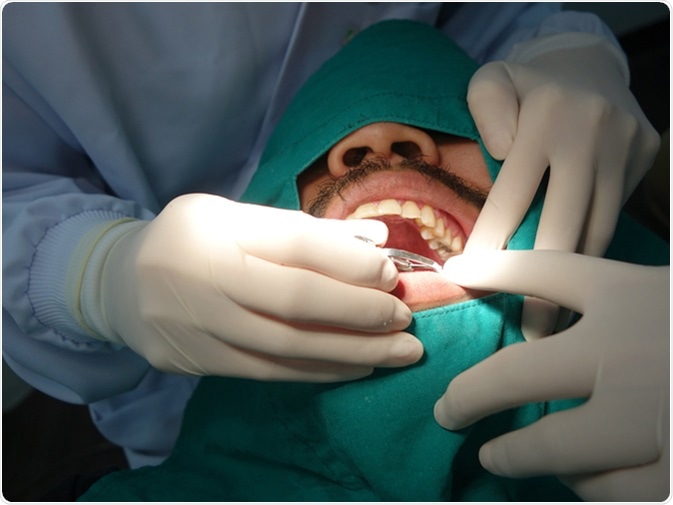Site Under Development, Content Population and SEO, Soft Launch 1st January 2020
Following a root canal treatment procedure, patients need to pay attention to some aspects during the recovery and aftercare period.
One of the most common concerns about root canal treatment that patients have is the pain that is associated with the procedure. Fortunately, this tends to be minimal during treatment during anesthesia and discomfort typically improves within several days.
Many patients need to have a temporary filling in place for several days or weeks while the permanent restorative dental crown to cover the root canal treatment area is constructed. This requires specific care during this time period.
Oral care is also essential to prevent further damage to the teeth after root canal treatment. Each of these broad areas are covered in more detail below.

As the anesthesia used in the root canal treatment procedure wears off and sensation returns, some tenderness or sensitivity in the area may become evident as the tooth heals.
In fact, it is common for patients to experience some sensitivity of the teeth in the days following the treatment procedure. People who were affected by pain or infection before the procedure are most likely to notice this, although anyone may be affected. Sensitivity or discomfort can often be relieved with simple analgesic medications such as paracetamol or ibuprofen. For more severe pain, other analgesic medications are also available with a prescription in most countries.
If pain continues even several days after the procedure, there may be an underlying cause, which should be investigated. In this case, patients should be advised to return to their dentist or endodontist for an examination and to decide on the best treatment options.
A root canal procedure typically requires two dental appointments for it to be complete because the restorative dental crown needs to be made to fit for each individual patient. During the first appointment, the root canal is treated and impressions are made for a crown to be constructed to protect the tooth. While the crown is being constructed, a temporary filling is usually used to protect the tooth.
The temporary filling is not as strong as the permanent crown and is susceptible to fractures. As a result, particular care is needed until the permanent restoration is in place.
As a general rule, patients should be advised to avoid putting excessive pressure on the affected tooth. They should avoid biting down on very hard or sticky foods, such as hard bread and candy, which may cause the filling to fracture or become dislodged.
It is essential that patients take adequate care of their teeth following a root canal treatment to prevent further damage to the tooth or surrounding teeth.
Patients should be recommended to:
It is also important that patients know where to seek dental help if they need it and be educated about signs that may indicate that intervention is required. This helps to ensure that any complications are picked up and treated early, before they cause significant damage to the teeth.